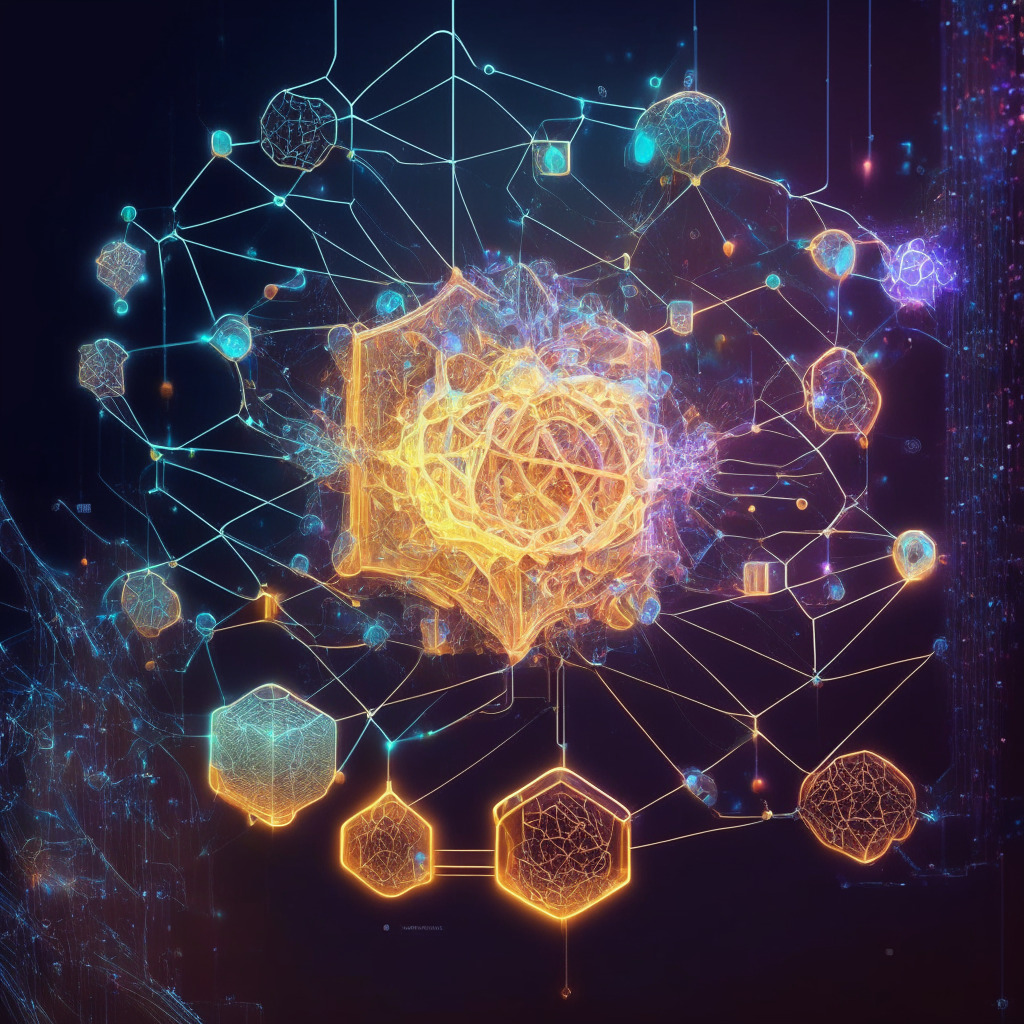The rapidly evolving domain of internet communication, especially social media, has recently been disrupted by blockchain technology. A recent well-publicized example is DeSo. DeSo is a decentralized social media system built on its own native blockchain technology and has announced a $1 million bounty to ignite the creation of a Reddit competitor. This idea emerges partly as a reaction to the growing discontent and critique of centralized social media platforms, which are increasingly being seen as monolithic custodians of content and data.
Not so long ago, Reddit faced a backlash after it clamped down access to its API causing multiple subreddit blackouts over 48 hours. High API cost was the core issue here that compelled third-party developers to pull the plug. Another similar incident was with Twitter. The imposition of reading limits sparked concerns about user control, censorship, and platform manipulation.
DeSo is extending an olive branch to those disappointed with the centralized giants. The purported advantage being, everything from user identities, profiles, content, and social networks reside entirely on-chain. This design strategy intends to pave the way for a decentralized platform where ownership of the content mirrors the security of Bitcoin ownership.
Beyond content ownership, the DeSo blockchain also proposes a broad selection of monetization tools, such as creator coins, NFTs, tokens, and tipping. Content creators and moderators can use these for revenue generation. This concept, which DeSo dubs as ‘community as an asset’, aims to cultivate a more democratic and user-driven online community.
In theory, decentralized social media platforms promise an innovative shift, potentially tipping the balance of online power towards communities and individual users. Rather than being controlled and managed by large corporations, these platforms offer a more democratic environment for content creation and ownership, that could help address censorship and manipulation shortcomings.
However, there’s a flip side to decentralization as well. Since decentralized platforms often lack moderation, they can inadvertently provide fertile terrain for cyberbullying, political misinformation, and possibly even criminal activities. Hence, it could prove to be a double-edged sword, dispersing power among the users but at the same time making the platform susceptible to misuse. So, while DeSo’s vision does carry much weight, especially in the current social media landscape, the trajectory of these innovations will decide whether they truly benefit users or become platforms for unchecked vice.
Source: Cryptonews




